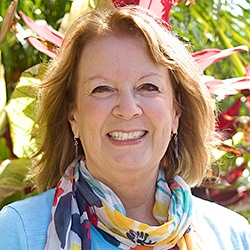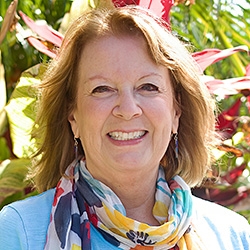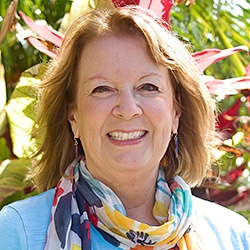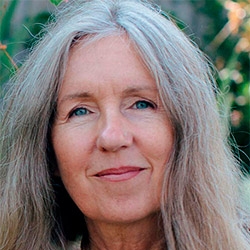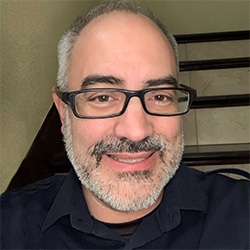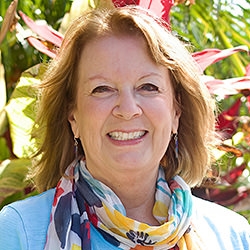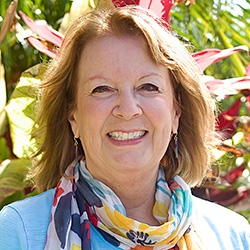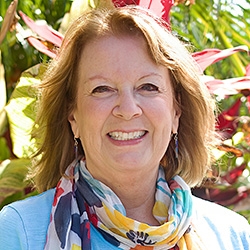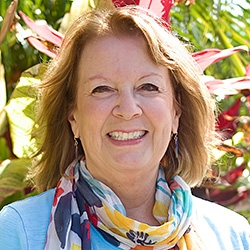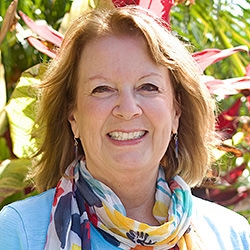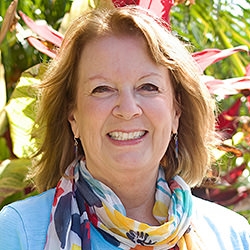

Search Results: time
-
Trainer Tip: Every single time you say or do something, even when you experience pain or regret, you are trying to meet a need. Forgiveness begins when we acknowledge the needs we were trying to meet in the situation.
-
Anytime you create something new in your life, you can fulfill your need for creativity. Expand your concept of what it means to be creative. Read on for examples.
-
Trainer Tip: We all see through our own filters. To disentangle what we hear from some is really saying, check using understanding requests at the level of detail you need. Course correct along the way. In a charged situation this can be critical to bringing in clarity, being heard and resolving differences amicably.
-
Total inclusion is impossible: inclusion of all can often lead to exclusion of those who can't bear the behaviors of some. Many groups flounder and disintegrate because of too much inclusion. Limited resources and capacities may make it necessary to exclude. Keeping more coherent shared values and strategies may be another reason to place membership conditions so that what appears to be exclusion may give movements a chance to expand.
-
So many of us have a habitual response of trying to eliminate uncertainty and the arrival of what we don't want. Alternatively, we can embrace the irreducible uncertainty of life. This shift from resistance and helplessness to mourning allows acceptance of outcomes, reduction of stress, and opens the door to noticing and appreciating what's present and available amidst challenges.
-
I’ve been part of a fitness group here in California for the past 1.5 years. It’s called Boot Camp, and I have no idea why! Anyway, most people in the class are 25-30 years younger than I am and have been part of this group for several years. I don’t lift weights as heavy as theirs and I can’t always keep up with them, but I had felt confident that I was holding my own (except when jogging, which is the one place where I consistently lag far behind them). I found a way to be okay with this, to enjoy working out with them, without thinking I should be as strong or skilled as they are.
-
One of the most important things you can do to live a meaningful and rewarding life filled with vitality is reclaim your emotions. Eric offers a tip to reclaim your emotions, rescuing you from the numb and deadening state of “fine."
-
Greetings dear readers of the Growing Roots Newsletter! Mary Mackenzie invited me to be a guest writer for this issue to which I happily agreed. She also shared that her messages are typically more personal in nature, something I always appreciate in a newsletter. The challenge for me then is to...
-
How we treat ourselves when we fall short of our own ideals, desires and hopes can profoundly affect the quality of our lives. Learn how to identify your triggers and reactions, to mourn falling short, and to practice self-connection and self-empathy.
-
Mismanaged emotional pain can compound and hurt ourselves and others. Four ways we can mismanage pain are: denial, blame, depression, and escape/numbing. This can result in hatred, resentment, discrimination, revenge, anger, and more problems. The fifth way we can deal with pain is to confront the pain acknowledging it and dealing with our unmet needs. This is a more direct path. Read on for more ideas for how to handle the pain.
-
October always makes me think about Marshall Rosenberg, the founder of Nonviolent Communication. He was born October 6, 1934. If he were still alive today (he died February 7, 2015), he would be 89 years old!
-
- Learn how every decision we make perpetuates the status quo or brings us closer to the vision of a world that works for all
- Find out about our big brain capacity to integrate needs, impacts, and resources to make decisions that work for everyone
- Understand why power differences interfere with collaborative decisions and what can be done about it
- Discover tools that support collaboration in larger groups and organizations— even across power differences!
-
Could our "need for autonomy" be getting in the way of "partnership consciousness" (as NVC is sometimes called). Could "autonomy" also block healthy relationships with not only ourselves and with others, but also with the planet? This article invites us to consider how "autonomy" may colour our NVC practice at the peril of our critical values. Values such as our care for impact, shared responsibility, interdependence, compassion, consideration, and more...
-
Trainer tip: Why do NVC practitioners sometimes use the giraffe as a metaphor for NVC consciousness? What can it help us understand about NVC consciousness? Read on for more.
-
Trainer tip: Why do NVC practitioners sometimes use the jackal as a metaphor in the NVC world? What can it teach us? Read on for more.
-
Trainer Tip: Sometimes the expression of our needs can sound like demands or criticism. This can make it harder for people to want to contribute to us. Today, pay attention to how you express your needs. Find ways to release the emotional charge.
-
-
That is my mantra this year. It came to me when I was headed somewhere to do something that I had wanted to do, and yet I was feeling annoyed about it because traffic was heavy and overwhelming. I then gave myself a few moments of self-empathy where I connected to the deeper needs that were propelling me to do the thing in the first place. In an instant, my annoyance and looming resentment slipped away and I felt happy and relaxed.
-
When deciding if someone crossed your boundaries and how to respond, you may get conflicting opinions on it. These opinions can be coarse attempts to manage life with rules about what should(n’t) happen. Instead, so that you can find where you want to invest your energy, ask yourself questions that reveal what for you is truly in integrity, nourishing, connects to your heart, and deepens self understanding. Read on for examples.
-
It is the first day of 2024 and I am filled with gratitude and awe. Yesterday, I celebrated my 9th year of hosting my annual New Year’s Peace Meditation. We had over 800 people register from many, many different countries and the meditation was interpreted into 4 different languages. It was incredibly moving, connecting, and hopeful for me!
Quick Links

Stay in Touch!
We value your privacy, won't share your email address and you can easily unsubscribe any time.

